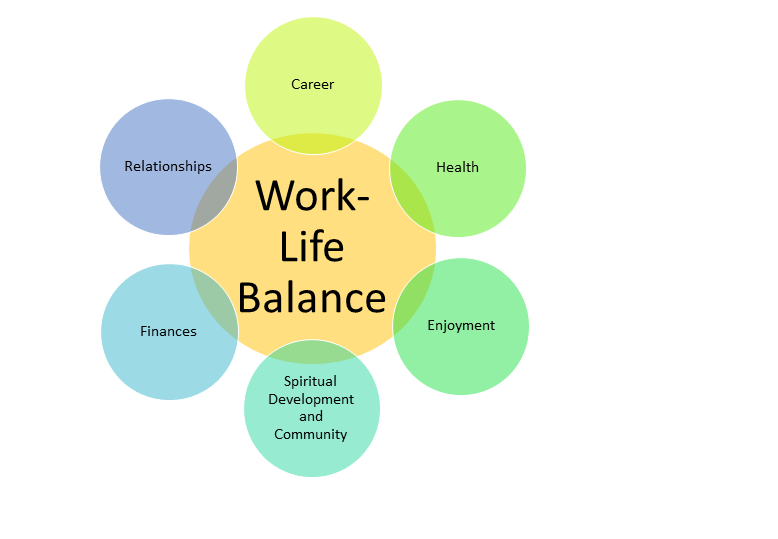In today’s fast-paced world, the line between work and personal life has become increasingly blurred. With the advent of technology and the rise of remote work, many find themselves constantly connected to their jobs, leading to longer working hours and a diminished personal life. This makes the concept of work-life balance more critical than ever. Maintaining a healthy balance between professional and personal life is not just beneficial; it is essential for overall well-being, productivity, and long-term success.
1. Mental and Physical Health
One of the primary reasons work-life balance is crucial is its direct impact on mental and physical health. Excessive work without adequate rest can lead to chronic stress, which has been linked to a host of health issues, including anxiety, depression, heart disease, and high blood pressure. When individuals fail to take time for themselves, they are more likely to experience burnout, which can severely affect both their personal and professional lives. By prioritizing work-life balance, individuals can reduce stress, improve their mood, and lower the risk of mental and physical health problems.
2. Improved Productivity and Creativity
Contrary to the belief that longer hours mean more productivity, research shows that overworking can actually reduce efficiency. When people are exhausted and stressed, their ability to think creatively and solve problems diminishes. A balanced life, where individuals have time to rest, pursue hobbies, and spend time with loved ones, helps to recharge the mind. This, in turn, enhances creativity and allows individuals to approach their work with renewed energy and focus. Employees who maintain a healthy work-life balance are often more productive, engaged, and capable of producing higher-quality work.
3. Better Relationships
Work-life balance is also essential for nurturing personal relationships. When work consumes too much time, it can lead to neglect of family and friends, causing strain and even leading to the breakdown of important relationships. On the other hand, setting boundaries and making time for loved ones strengthens these connections. Strong, healthy relationships are a vital source of emotional support, which is crucial for overall happiness and well-being. Moreover, when people are happy in their personal lives, they are more likely to be positive and cooperative in their professional interactions, creating a harmonious work environment.
4. Personal Growth and Fulfillment
A balanced life allows individuals to pursue interests outside of work, which is essential for personal growth and fulfillment. Whether it’s learning a new skill, engaging in a hobby, or volunteering, these activities contribute to a sense of purpose and satisfaction. Work should be a part of life, not the entirety of it. When people have the opportunity to explore different facets of themselves and engage in activities they are passionate about, they develop a more well-rounded and fulfilling life. This sense of fulfillment often translates into greater motivation and satisfaction at work.
5. Long-Term Career Success
Maintaining a work-life balance is not just about immediate well-being; it also plays a significant role in long-term career success. Sustainable career growth is not about working the longest hours but about working smart and maintaining the energy and enthusiasm needed over the long haul. Individuals who prioritize balance are less likely to experience burnout, allowing them to maintain consistent performance and grow steadily in their careers. Additionally, companies that encourage work-life balance tend to have lower turnover rates and higher employee satisfaction, which are key factors in a thriving business.
Conclusion
In conclusion, work-life balance is essential for mental and physical health, improved productivity, better relationships, personal growth, and long-term career success. In an age where work can easily take over life, it is crucial to set boundaries and prioritize time for rest, relationships, and personal interests. By doing so, individuals can lead healthier, more fulfilling lives and achieve greater success in their careers.
